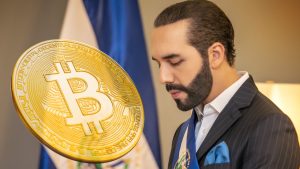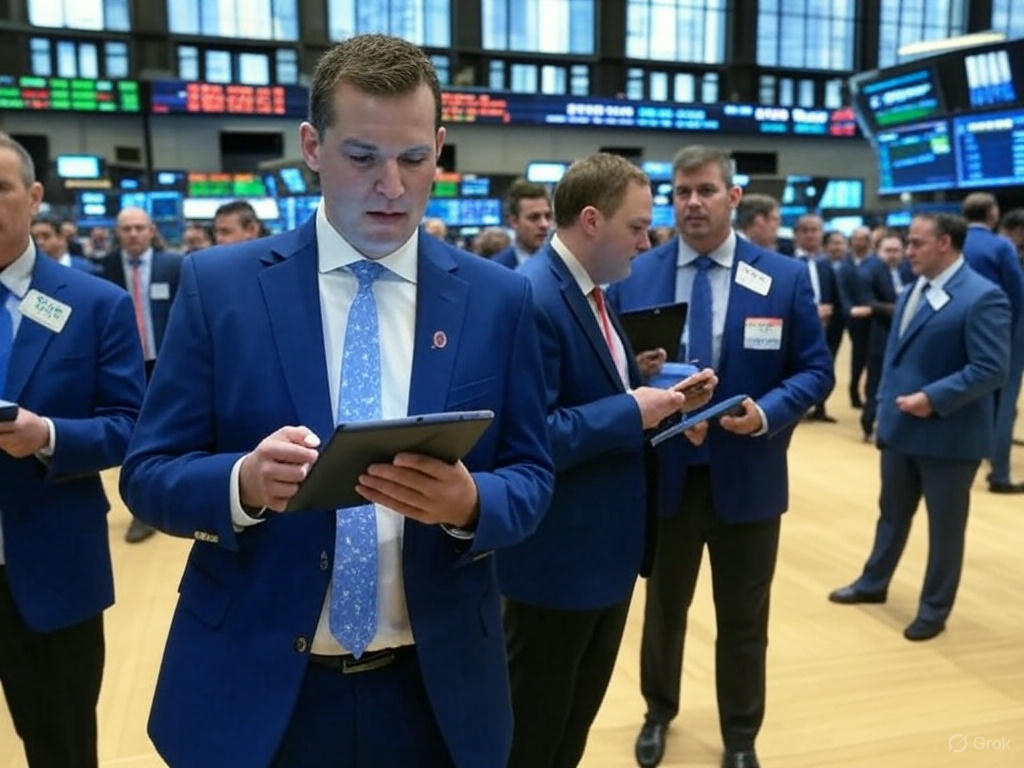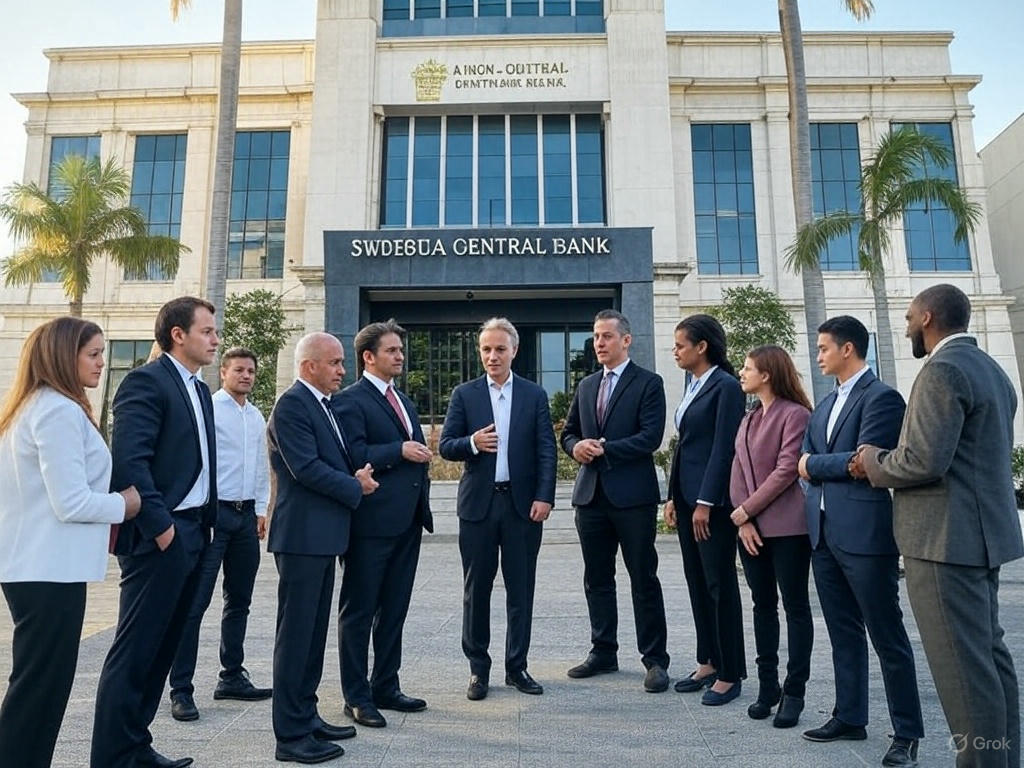El Salvador has clinched a new financial lifeline from the International Monetary Fund (IMF), securing a 40-month, $1.4 billion Extended Fund Facility (EFF) arrangement. This agreement marks a pivotal moment for the country as it navigates macroeconomic imbalances, debt concerns, and its bold Bitcoin experiment.

El Salvador has clinched a new financial lifeline from the International Monetary Fund (IMF), securing a 40-month, $1.4 billion Extended Fund Facility (EFF) arrangement. This agreement marks a pivotal moment for the country as it navigates macroeconomic imbalances, debt concerns, and its bold Bitcoin experiment.
A Boost for Stability and Growth
The IMF’s approval unlocks an immediate disbursement of $113 million, with the full package expected to catalyze over $3.5 billion in multilateral financial support. According to the IMF, the program is designed to bolster El Salvador’s economic resilience by stabilizing public finances, strengthening external and financial buffers, and improving governance and transparency.
“The Salvadoran economy is steadily expanding on the back of robust remittances and tourism, and a greatly improved security situation,” said IMF Deputy Managing Director Nigel Clarke. “However, deep macroeconomic imbalances persist, driven by high debt and weak external and financial buffers.”
Bitcoin’s Role: A Pragmatic Shift
El Salvador made global headlines in 2021 as the first country to adopt Bitcoin as legal tender, but its IMF-backed economic program suggests a more measured approach moving forward. In a notable policy shift, the government has moved to make Bitcoin acceptance voluntary for businesses while restricting public sector involvement in Bitcoin-related transactions. Additionally, the government is gradually unwinding its participation in the state-managed crypto wallet, Chivo.
These steps align with IMF recommendations aimed at mitigating risks associated with Bitcoin, particularly concerning financial stability, anti-money laundering (AML) frameworks, and fiscal transparency. The IMF emphasized that future government engagement in Bitcoin-related activities will be limited, and regulatory oversight of digital assets will be strengthened.
Fiscal Consolidation with an Eye on Social Spending
A key component of the IMF deal is an ambitious fiscal consolidation plan, which aims to improve El Salvador’s primary balance by 3.5% of GDP over three years. The government will focus on increasing public spending efficiency, reforming the civil service and pension systems, and rationalizing the wage bill—all while safeguarding social and infrastructure investments.
To further strengthen its financial position, El Salvador has also approved measures to increase banks’ liquidity buffers and enhance financial stability through improved regulation and new financial stability legislation.
Transparency and Governance Reforms
El Salvador’s government has committed to improving transparency and anti-corruption measures, another key requirement of the IMF program. Recent steps include enacting new anti-corruption legislation and publishing audits of government agencies’ financial statements. Future reforms will target procurement processes, accountability measures, and AML/CFT regulations.
What’s Next for El Salvador’s Economy?
While the IMF-backed program provides critical financial support, its success hinges on strong political commitment and consistent policy implementation. The IMF warned that continued financial and technical support from international partners will be necessary to ensure economic stability, particularly given the country’s dollarized economy.
For Bitcoin advocates, El Salvador’s evolving approach underscores the challenges of national crypto adoption. While Bitcoin remains legal tender, the government is shifting towards a more risk-averse stance, prioritizing fiscal and financial stability over aggressive crypto-driven initiatives.
With this new IMF deal in place, El Salvador now faces the challenge of balancing economic reforms, investor confidence, and its pioneering role in the global crypto space.
A Boost for Stability and Growth
The IMF’s approval unlocks an immediate disbursement of $113 million, with the full package expected to catalyze over $3.5 billion in multilateral financial support. According to the IMF, the program is designed to bolster El Salvador’s economic resilience by stabilizing public finances, strengthening external and financial buffers, and improving governance and transparency.
“The Salvadoran economy is steadily expanding on the back of robust remittances and tourism, and a greatly improved security situation,” said IMF Deputy Managing Director Nigel Clarke. “However, deep macroeconomic imbalances persist, driven by high debt and weak external and financial buffers.”
Bitcoin’s Role: A Pragmatic Shift
El Salvador made global headlines in 2021 as the first country to adopt Bitcoin as legal tender, but its IMF-backed economic program suggests a more measured approach moving forward. In a notable policy shift, the government has moved to make Bitcoin acceptance voluntary for businesses while restricting public sector involvement in Bitcoin-related transactions. Additionally, the government is gradually unwinding its participation in the state-managed crypto wallet, Chivo.
These steps align with IMF recommendations aimed at mitigating risks associated with Bitcoin, particularly concerning financial stability, anti-money laundering (AML) frameworks, and fiscal transparency. The IMF emphasized that future government engagement in Bitcoin-related activities will be limited, and regulatory oversight of digital assets will be strengthened.
Fiscal Consolidation with an Eye on Social Spending
A key component of the IMF deal is an ambitious fiscal consolidation plan, which aims to improve El Salvador’s primary balance by 3.5% of GDP over three years. The government will focus on increasing public spending efficiency, reforming the civil service and pension systems, and rationalizing the wage bill—all while safeguarding social and infrastructure investments.
To further strengthen its financial position, El Salvador has also approved measures to increase banks’ liquidity buffers and enhance financial stability through improved regulation and new financial stability legislation.
Transparency and Governance Reforms
El Salvador’s government has committed to improving transparency and anti-corruption measures, another key requirement of the IMF program. Recent steps include enacting new anti-corruption legislation and publishing audits of government agencies’ financial statements. Future reforms will target procurement processes, accountability measures, and AML/CFT regulations.
What’s Next for El Salvador’s Economy?
While the IMF-backed program provides critical financial support, its success hinges on strong political commitment and consistent policy implementation. The IMF warned that continued financial and technical support from international partners will be necessary to ensure economic stability, particularly given the country’s dollarized economy.
For Bitcoin advocates, El Salvador’s evolving approach underscores the challenges of national crypto adoption. While Bitcoin remains legal tender, the government is shifting towards a more risk-averse stance, prioritizing fiscal and financial stability over aggressive crypto-driven initiatives.
With this new IMF deal in place, El Salvador now faces the challenge of balancing economic reforms, investor confidence, and its pioneering role in the global crypto space.




